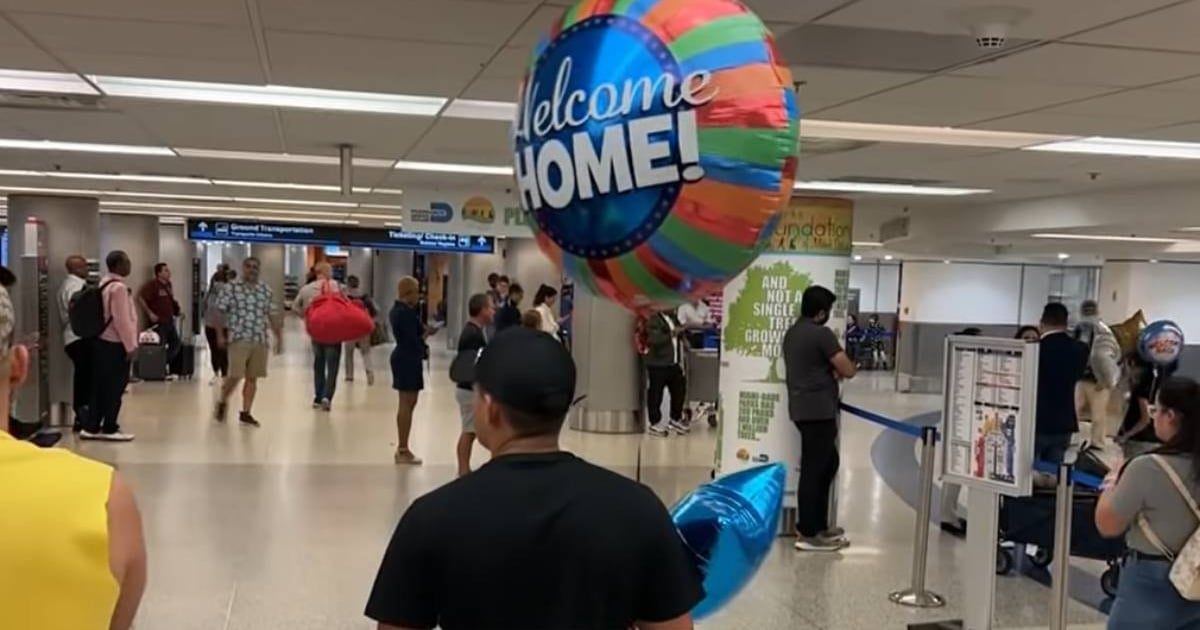
The United States Department of Homeland Security (DHS) has resumed the humanitarian parole program for migrants from Cuba, Haiti, Nicaragua, and Venezuela, but there are significant changes in the procedures to ensure the safety and integrity of the processes.
The DHS created additional safeguards and a more rigorous scrutiny of the applications from support persons, also known as sponsors, who play a crucial role in this program.
These new measures include deeper criminal background investigations and identity verifications through fingerprinting for sponsors, as well as greater oversight and analysis of their financial statements.
Sponsors who have already submitted applications should keep an eye on notifications in their myUSCIS accounts, where they may be required to appear at an Immigration Center to complete the biometric process.
Any sponsor suspected of being involved in fraudulent activities will be immediately referred for a more thorough investigation. Penalties for lying to the U.S. government in this program could result in up to 10 years in prison.
If you want to be a sponsor, adjust to your possibilities, be realistic, and do not falsify any data, no matter how insignificant it may seem.
Free access and fraud prevention
It is important to highlight that access to this program is completely free. Neither the sponsors nor the beneficiaries are required to pay any fee to the United States government to submit their cases.
This clarification from the government aims to prevent scams and exploitation. In July, the United States Citizenship and Immigration Services (USCIS) reported several cases of fraud that jeopardized the continuity of the humanitarian parole program.
The detected frauds include the use of social security numbers of deceased individuals, false addresses to avoid providing the real address, and the submission of sponsor data without their authorization. In addition, there have been reported cases of bribery to expedite the approval process, which has led to severe penalties.
Always verify your data. Handle your passwords with caution and keep a copy of all the documentation you use, as well as the contact details of anyone who assists or helps you in your process. Do not trust anyone who offers to speed up the procedures; it could be a scam.
Application and participation process
To participate in the program, beneficiaries must meet several requirements, including having a sponsor in the United States willing to provide them with financial support during their stay in the country.
In addition, beneficiaries must pass a rigorous background check and meet other eligibility criteria established by the DHS.
The process begins when the sponsor submits Form I-134A for each beneficiary, including minors. This application is carefully reviewed by the government to ensure that the sponsor can meet their financial obligations.
If approved, the beneficiary may receive advance authorization to travel and a temporary stay permit for up to two years.
Call for patience
Finally, it is crucial that both sponsors and beneficiaries understand that the application process has specific timelines that must be respected.
Some humanitarian parole applicants, previously denied since January 2023, have received unexpected approvals in recent days.
Despite the resumption of the program, the procedures will not be expedited, and all participants must patiently await the development of their applications.
Any attempt to expedite the process through illegal or fraudulent means may result in severe penalties, including the loss of temporary residency permits or disqualification from entering the United States in the future.
The resumption of the humanitarian parole program under these new security measures is an important step for those seeking to enter the United States legally and safely. Respect the established timelines and procedures if you want to achieve your goal successfully.
What do you think?
COMMENTFiled under: